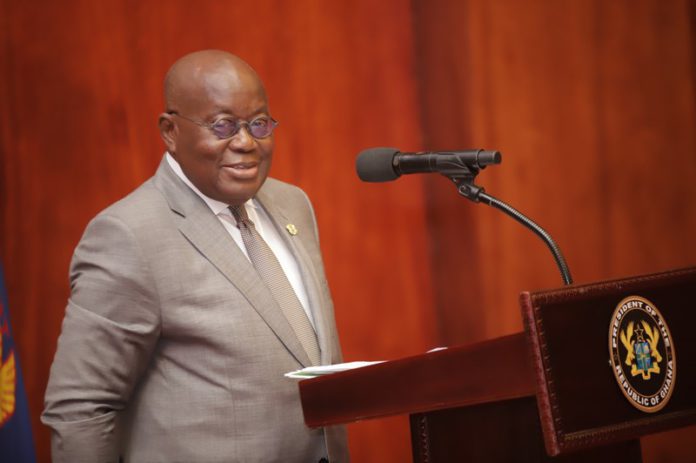The Constitutional Review Consultative Committee has recommended the scrapping of Article 68 (5) of the constitution to impose on the President a civil duty to pay tax on his salary and emoluments to set as precedence for all citizens.
According to the committee, the move to have the President pay tax on his salary and emoluments will reflect the principle of equality before the law in accordance with the rule of law.
During a stakeholder’s consultations for the possible review of the constitution, the former Member of Parliament for Tamale Central, Inusah Fuseini highlighted some recommendations of the committee, established by the Minister for Parliamentary Affairs, Osei-Kyei Mensah-Bonsu in 2023.
“They say that it flouts equity rules, where the President receives money from the public purse and does not pay tax on his emoluments. They recommended an amendment to the Constitution to allow the President to pay tax on his earnings,” he said.
In the same committee report, the capping of Parliament was proposed as well.
According to the committee, there must be consequential amendments to Article 93 to ensure that Parliament consists of not more than 277 elected Members.
The committee’s report also believes that such a move would see consequential amendments to Article 47 to ensure that Ghana is divided into as many constituencies for the purpose of election of MPs as the Electoral Commission (EC) may prescribe, but the number of constituencies shall not exceed 277.
In addition, the committee establishes that the size of government be capped and the privilege to appoint Deputy Ministers be expunged in order to have an appreciably smaller cabinet.
Among other propositions is the abolishment of the regional ministers as well as deputy ministers.
It argues that the position of Regional Ministers should be abolished similar to Deputy Ministerial positions.
The committee proposes that the President shall have the privilege of appointing as many Ministers of State as may be necessary for the efficient running of the state.
However, the number of Ministers shall not exceed 25.





